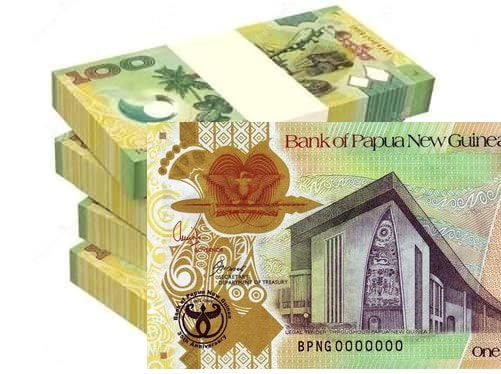PNG's Foreign Currency Exchange Woes : How did it Start and how it can be managed
Commentary By Charles Lee
Papua New Guinea never had foreign currency problems since Independence up until around the year 2000.
From 1975 to 2000 our needs were simple and basic and there was not much economic activity.
 |
| PNG's Foreign Currency Exchange Woes : How did it Start and how it can be managed |
Whatever we produced locally was sufficient to cater for our needs and wants at that time.
It was from 2000 onwards that we started to see a number of significant oil and gas discoveries especially in Hela, Southern Highlands and Gulf apart from other natural resource discoveries. Porgera also started to discover more gold.
This saw the influx of new foreign mining officials, consultants, investors and contractors during feasibility studies right up to FEED and construction stages.
The spin-off businesses and new economic activity which emanated from these new projects brought about NEW NEEDS and NEW WANTS both in terms of Goods and Services that we then realized that we did not produce locally and that we had to source from outside of the country.
This caused major trade deficits to start to appear in our balance of trade books held at the Central Bank.
We were starting to use a lot of our foreign currency surpluses at the Central Bank to purchase goods and services oversees that we did not produce locally.
Our foreign exchange cash held at the Central Bank was insufficient to meet this new heightened demand.
As a measure to mitigate the rapid depletion of our foreign currency reserves, the Central Bank allowed our commercial banks to open up domestic foreign currency accounts held onshore for businesses and institutions to use to make their own purchases overseas.
History tells us that this also proved insufficient.
At that particular time, the government should have passed mandatory regulations and enact into law legislations that direct investors especially miners to repatriate a certain percentage of their exports including dividends earned back onshore and vigorously police it in order to cushion the effects of this downward spiral of our foreign currency account.
If I recall correctly this was done but to a much lesser extent and certain concessions were given to investors which defeated the purpose of this regulatory directive.
Foreign businesses operating in PNG started to see this problem becoming worse which would then lock up their capital so they found loopholes and moved their funds which was in PNG Kina to stronger currencies such as the US Dollar and held them off-shore.
This then brought about serious immediate repercussions on the strength of our Kina which then caused the value of our Kina to fall to record lows.

Post a Comment